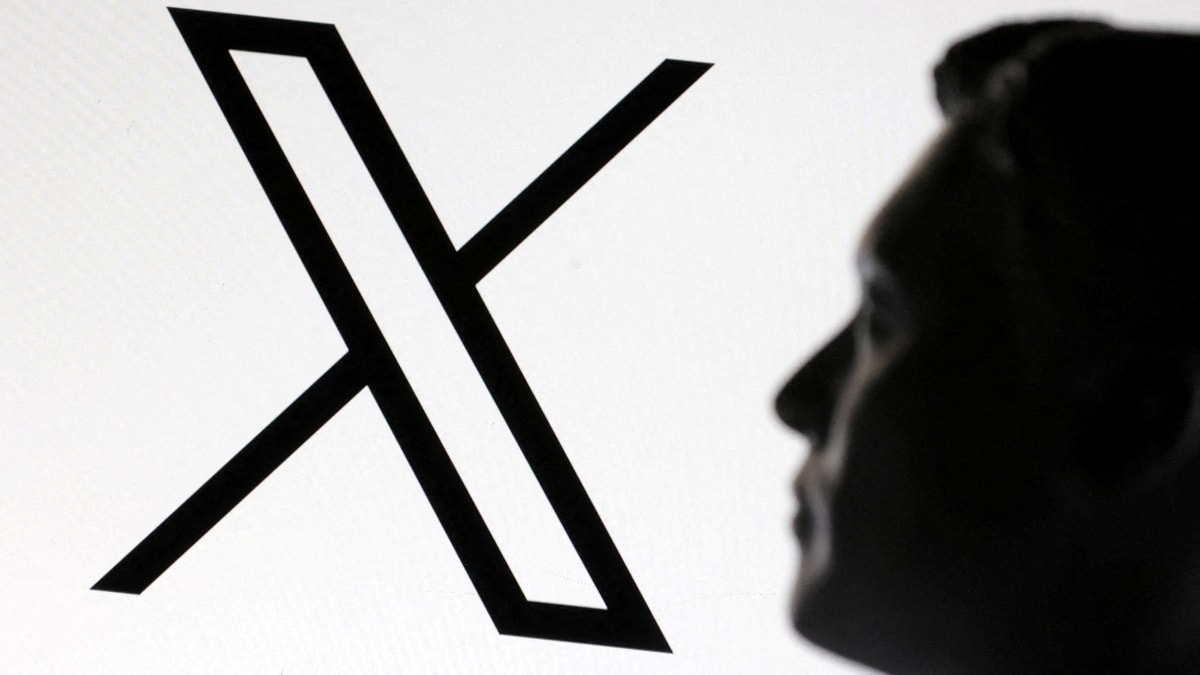In a submission to the Karnataka High Court, the Centre maintained that Elon Musk’s X can’t push unlawful content in the name of ‘free speech’ and under the garb of the ‘safe harbour’ clause under the IT Actread more
On Thursday, the Centre told the
Karnataka High Court that allowing the proliferation of unlawful content on social media in the name of “free speech” endangers the country’s democracy. According to The Times of India, the Centre accused
Elon Musk’s X, formerly known as Twitter, of attempting to escape accountability.
The authorities noted that Musk’s company is doing so by sheltering itself under the IT Act’s ‘safe harbour’ protection, The Times of India reported. In the letter to the Karnataka High Court, Solicitor General Tushar Mehta said the constitutional protection to freedom of speech under Article 19(1)(a) must not be misunderstood as absolute protection even of unlawful content.
“Constitutional jurisprudence clearly differentiates between protected speech that contributes meaningfully to democratic discourse and unlawful speech that undermines societal stability and individual rights,” Mehta said in the letter, according to a report by the TOI.
‘Safe Harbour is not a right but a privilege’
The solicitor general noted that the ‘Safe Harbour’ provision in the IT Act is “not an absolute right” but a “privilege contingent upon strict adherence to statutory duties.” The statement from the Centre came after X moved the High Court seeking to restrain government departments from taking coercive action against the social media platform.
“Unlawful and unjustified orders harm the X platform and its ability to operate. The issuance of information blocking orders without following due process of law, and in violation of the IT Act and the Constitution, violates X’s right to equality under Article 14 and detrimentally impacts its business,” the Centre said in a written submission to the Karnataka High Court.
“Proliferation of what can be termed as unlawful content on social media platforms poses an unprecedented threat to public discourse, democracy and societal stability.” “Social media intermediaries possess an unparalleled ability to amplify information instantaneously, without traditional barriers like language or geographical limitations, and thus carry significant responsibilities,” Mehta wrote in the submission.
Why it matters
The government’s stance on the matter can have implications for all social media platforms operating in India. This also goes hand in hand with the calls to remove Section 230 of the US’s Communications Decency Act, from which social media giants derive their immunity.
In the submission, the government argued that X attempted to present ‘safe harbour’ as an absolute right, devoid of any corresponding duties. “Such a stand fundamentally misconstrues the very basis of this legal protection. ‘Safe harbour’ is not a constitutional guarantee but a statutory privilege, specifically designed to foster responsible conduct,” the submission said.
The Centre said that social media platforms use ‘amplification’ mechanisms to push visibility of a particular type of view. “The algorithms used by intermediaries actively curate and boost content, shaping public opinion and significantly influencing social harmony or disorder. This active role demands heightened accountability, necessitating robust regulation specifically tailored for social media, distinct from traditional media,” the submission reads.
With inputs from agencies.
